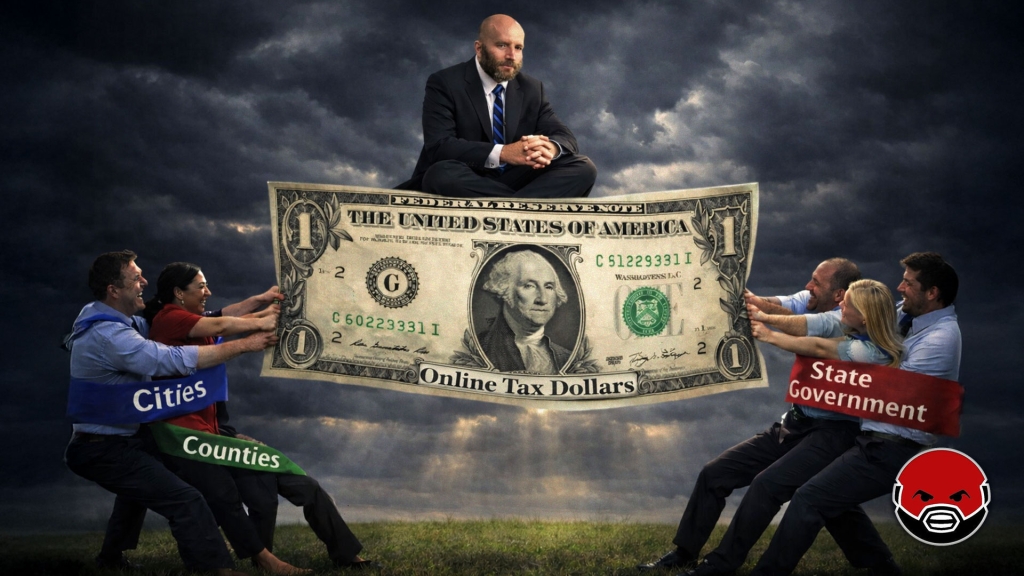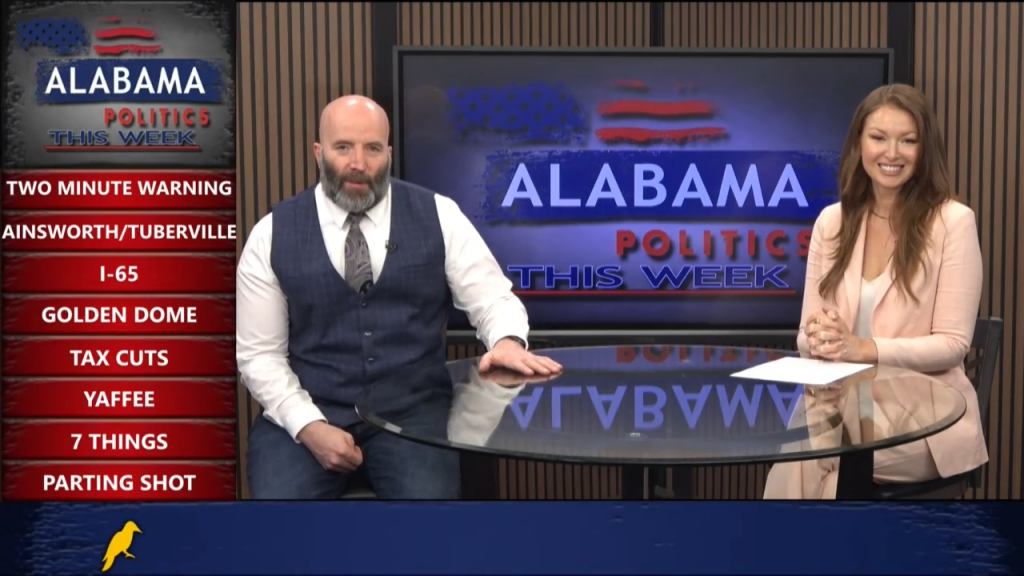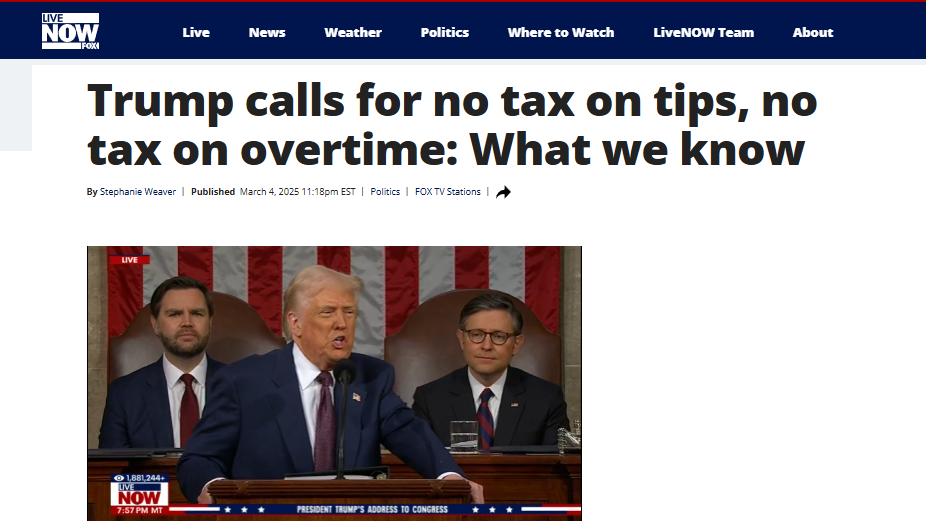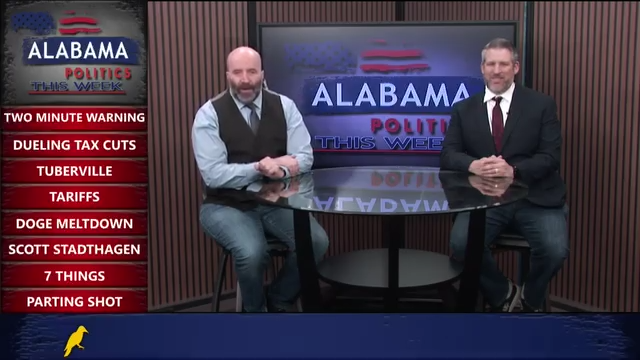7. Alabama Republicans are working on multiple issues regarding religion, including a bill by State Rep. Susan DuBose (R-Hoover) that would require mandatory elective credit for released-time religious courses which is backed by 4,000 petition signatures statewide. But the Alabama State School Board Association, led by President Scott Suttle, resisted, labeling it government overreach that could compel schools to credit programs from any group, including “Satanic Cults” or Wiccans, a common trope and made-up concern. Jennifer Riggs, a Madison County mother, testified about her district’s refusal to allow LifeWise Academy despite more than 100 parents’ support, underscoring a parental rights clash. However, all the bill does is allow students to leave school for religious instruction without any cost to the state or local districts. Additionally, State Sen. Keith Kelley (R-Anniston) defended his bill requiring Alabama public schools and colleges to display the Ten Commandments as a historical nod to American law at a legislative hearing, while opponents like Rabbi Steven Silberman and Rev. Eric Clark argued it’s state-sponsored religion that risks corrupting faith and government impartiality, again, a nonsense argument.
6. Felon and former HealthSouth CEO Richard Scrushy, after serving nearly seven years in prison with former Alabama Gov. Don Siegelman for a 2006 bribery conviction linked to a $500,000 donation for Siegelman’s lottery campaign, told Yellowhammer News his legal team has uncovered sworn affidavits and witness testimony indicating Department of Justice prosecutors suppressed exculpatory evidence, breaching the Brady v. Maryland mandate. Scrushy plans a press conference at the Frank M. Johnson Jr. Federal Building and U.S. Courthouse in Montgomery to unveil these documents, urging U.S. Attorney General Pam Bondi and Pardon Czar Alice Marie Johnson to investigate what he labels a “weaponized” political prosecution, insisting the donations were routine, not a trade for his board appointment. While Scrushy and Siegelman maintain their innocence, citing trial transcripts where a judge ordered evidence disclosure, the narrative hinges on unverified claims of concealed documents, leaving open the possibility that this evidence may not shift the established judicial outcome without public scrutiny of its substance. This seems like a bit of a reach as multiple Justice Departments have rejected similar arguments.
5. U.S. Rep. Barry Moore (R-Enterprise) committed to co-sponsoring a censure resolution with U.S. Rep. Troy Nehls (R-Texas) against U.S. Rep. Al Green (D-Texas), who shouted “no mandate to cut Medicaid” during President Donald Trump’s joint address to Congress, prompting Speaker of the House Mike Johnson (R-La.) to eject him from the chamber after repeated warnings. Moore called Green’s behavior “disrespectful,” aligning with a draft resolution citing claims Green “willfully disrupted” the session and tarnished Congress’s reputation. Yet the swift GOP backlash contrasts with muted responses to prior Republican interruptions, suggesting partisan bias in defining decorum. While Green’s outburst at age 77 underscores his defiance, the censure’s focus on this event as uniquely shameful sidesteps a broader history of congressional heckling, but those events were quickly stifled and did not lead to a defense making comparisons laughably absurd.
4. Alabama Republican Party Chairman John Wahl, alongside Alabama Speaker of the House Nathaniel Ledbetter (R-Rainsville) and State Rep. Danny Garrett (R-Trussville), unvealed a $191.6 million tax relief package of four bills to be introduced today, focusing on cutting the state grocery tax by an additional 1%, enhancing retirement withdrawal exemptions for seniors, and increasing standard and dependent deductions on income taxes. Wahl tied the initiative to President Donald Trump’s national tax cut leadership, noting it extends the GOP’s $1.4 billion in tax reductions since 2021, aiming to counter inflation’s toll on Alabama households with a focus on fiscal responsibility and local tax flexibility. Parents and families stand to benefit from broader relief, Wahl argued, as the plan builds on the party’s 2023 grocery tax cut, with intentions to let Alabamians keep more earnings, a priority he vows to pursue despite economic pressures, praising Ledbetter and Garrett for their conservative stewardship.
3. U.S. Rep. Gary Palmer (R-AL) confronted Democratic mayors Eric Adams of New York, Mike Johnston of Denver, Brandon Johnson of Chicago, and Michelle Wu of Boston at a House Oversight Committee hearing, arguing their sanctuary city policies illegally harbor criminals under the Constitution’s supremacy clause, linking preventable murders and rapes, such as those of Laken Riley and Rachel Morin, to their refusal to cooperate fully with federal immigration enforcement. He hammered most of these mayors, pressing that their oaths were breached and hinting at criminal charges like obstruction of justice, spotlighting Adams’ partial cooperation amid Democratic criticism, and hammered home how their sanctuary invites crime: “Every crime committed by someone in the United States illegally is a crime that would not have been committed. Laken Riley, Ruby Garcia, Rachel Morin, Jocelyn Nungaray, the woman set on fire in the New York subway, these are all assaults, rapes, murders and other crimes that would not have taken the lives of these people if those people were not here illegally. They were given safe harbor.”
2. Ukraine needs to come along and get on board, according to U.S. Rep. Gary Palmer (R-Hoover), who expressed hope that Ukrainian President Volodymyr Zelensky would embrace President Donald Trump’s minerals deal as the strongest option to secure peace amid waning U.S. public support for free aid, a shift Palmer has flagged for two years by suggesting a pre-WWII British Lend-Lease model leveraging Ukraine’s rare earth elements. Palmer faulted Zelensky’s Oval Office misstep, alleging U.S. Sen. Chris Murphy (D-Conn.) egged him on to overreach, disrupting Trump’s firm deal-making style, and insisted Ukraine can’t reclaim Donbas or Crimea militarily, making Trump’s proposal the pragmatic endgame despite no U.S. troop commitment. He framed the conflict’s likely resolution as a long-term ceasefire, with Russia holding occupied territories, a reality he’s pressed Ukrainian officials to accept, noting, “they have no way to win this war,” and reinforcing that Trump’s terms, tying economic benefits to peace, outshine alternatives as Kyiv navigates its strategic bind.
1. President Donald Trump, who boasted of automakers’ enthusiasm in a recent address to Congress, backtracked by delaying 25% auto tariffs on Canada and Mexico for a month after Ford, GM, and Stellantis executives argued on a call that the levies, enacted earlier this week, would favor foreign competitors, prompting White House Press Secretary Karoline Leavitt to highlight Trump’s responsiveness to industry pressure. The decision followed a market tumble, with the Dow falling sharply, and GOP unease over impacts in states like Michigan, though Trump rebuffed Canada’s Prime Minister Justin Trudeau on a call, insisting on more border action despite minimal fentanyl flow, as advisers like Commerce Secretary Howard Lutnick previewed relief amid internal West Wing debates. While Trump’s team, including Senior Counselor Peter Navarro, acknowledged short-term chaos, they eyed long-term tariff wins, with Leavitt downplaying market fears by citing past Wall Street booms under Trump, but this weakens a tariff threat if pressure can get Trump to back down.
Listen here:













